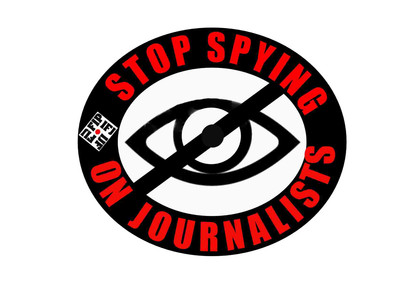La crisis política, social, económica, sanitaria y humanitaria en Haití empeoró aún más luego de que las pandillas de Puerto Príncipe lanzaran una ofensiva unificada para forzar la renuncia del primer ministro interino Ariel Henry, quien había anunciado su decisión de llamar a elecciones en 2025 a pesar de que su mandato había vencido en febrero. Antes del ataque de los grupos armados, la sociedad civil había realizado masivas protestas que fueron duramente reprimidas, en las cuales fueron heridos cinco periodistas. El país, que ya se encontraba en una situación de continua inestabilidad producto del terremoto de 2010 y de las fallidas intervenciones internacionales que profundizaron las violaciones a los derechos humanos, había entrado en una nueva etapa de dificultades luego del asesinato del primer ministro Jovenel Moïse en julio de 2021.
En momentos de profundas crisis, el rol de lxs periodistas y trabajadorxs de la prensa es fundamental para dar testimonio de lo que ocurre y garantizar el derecho de la población a recibir información. La violencia estructural que azota a Haití desde hace décadas ha dificultado el trabajo de quienes comunican, ya que han sido víctimas no solo de ataques motivados por su labor, sino también de las agresiones que padece el resto de la población. La violencia de las pandillas y de las fuerzas de seguridad se ha cobrado la vida de numerosxs colegas y ha forzado a muchxs otrxs a autocensurarse. Además, la frágil situación económica lxs obliga a buscar otras formas de sustento por fuera del trabajo periodístico, que está fuertemente precarizado.
En un escenario de enormes desafíos, y ante una posible nueva intervención de organismos internacionales y ejércitos extranjeros, el trabajo de lxs periodistas se torna indispensable. Desde FIP y FEPALC, instamos a las autoridades nacionales que aún permanecen en su cargo y a la comunidad internacional, a resguardar las vidas de nuestrxs colegas en el país y a garantizar para ellxs condiciones seguras de trabajo. La libertad de prensa es un pilar de los sistemas democráticos y sin trabajadorxs realizando su labor en el terreno, es imposible que se pueda reconstruir la democracia en Haití. También nos solidarizamos con nuestrxs compañeros y compañeras de la AJH, que se encuentran trabajando incansablemente en condiciones de extrema dificultad para asegurar que lxs colegas puedan seguir informando.


